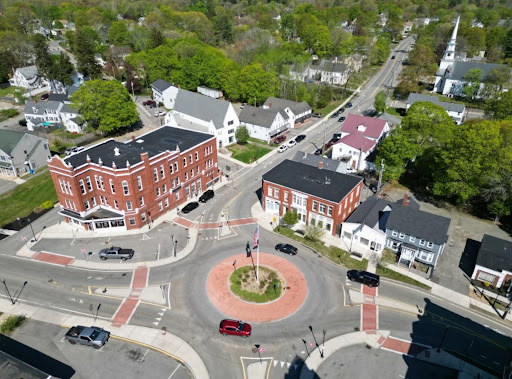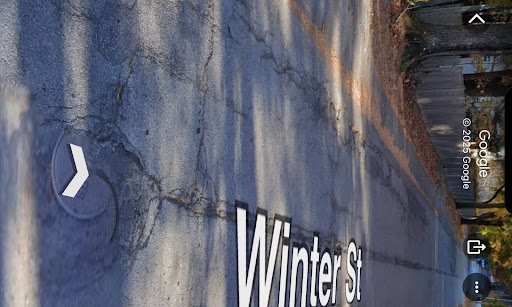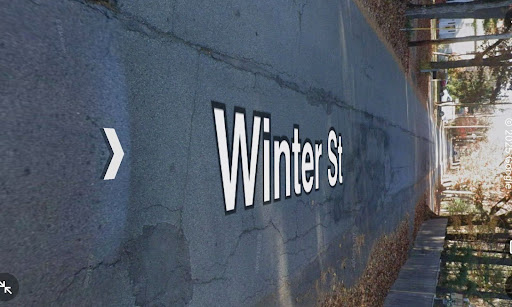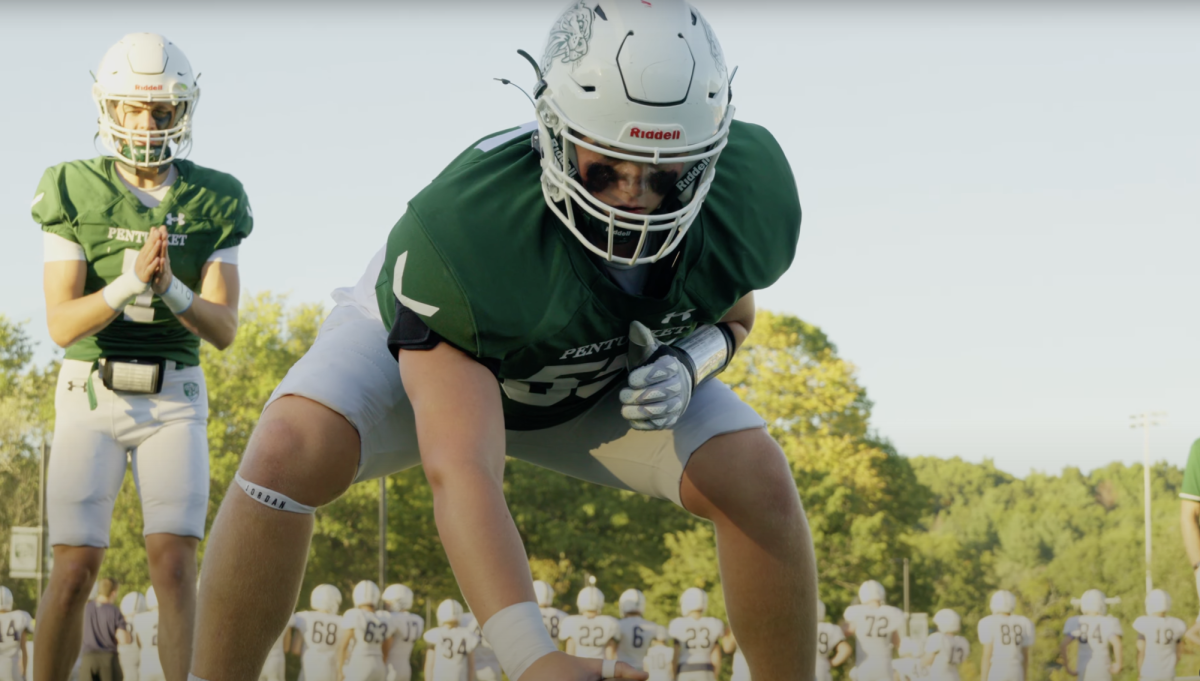If you’ve ever driven through Merrimac, Groveland, or West Newbury, there’s a good chance you’ve hit a pothole that felt like a small earthquake. Around here, it’s just part of the experience, dodging cracks, bouncing over frost curbs, and swerving around crater-sized holes that never seem to get fixed. But after a while, it stops being funny and starts being ridiculous.
For a lot of high schoolers, especially student drivers or kids catching the bus, the road conditions aren’t just annoying, they’re actually dangerous.
“I literally bent a rim driving down Church Street in West Newbury,” says Pentucket senior Vivian Rizzo. “It’s not even like I was speeding or anything. The pothole was just massive, and there were no signs or anything.”
The worst part? It’s been like this for years. Route 113 through Merrimac looks like it got bombed. Main Street in Groveland gets flooded every time it rains. Some side roads are so chewed up that it feels like your car’s going to fall apart. And every time the town throws down a temporary patch, it washes away in a week.
Merrimac driver, Tanya Cannistraci says, “Every time I drive down Ash Street, it’s like I have to pick which tire I want to sacrifice today.”
The problem isn’t just wear and tear. It’s how little the towns seem to actually do about it. You’ll see cones, maybe a guy with a shovel every few months, but there’s never a real fix. Meanwhile, car repairs add up. Bikes get wrecked. Buses slow to a crawl. It’s like the towns are daring you to get your suspension replaced.
The irony? Pentucket just got a brand-new school building—clean, modern, smooth floors—but the roads leading to it still feel like a dirt bike course.
It’s not just an inconvenience. It’s a quality of life thing. Kids are late because buses have to crawl through Groveland. Parents have to shell out money for new tires. And students who just got their licenses have to deal with roads that even experienced drivers hate.
“There’s this stretch by the water plant in Merrimac that straight up looks like the surface of the moon,” says Pentucket student Deven Barnes. “I’ve started going the long way just to avoid it. It’s that bad.”
So what’s the solution? That’s the hard part. These towns are small, budgets are tight, and a full repair costs a lot. But the more students and families speak up, the more pressure gets put on the towns to actually prioritize repairs. Whether it’s showing up at town meetings, emailing selectboards, or even just posting photo evidence, it starts with making noise.



















